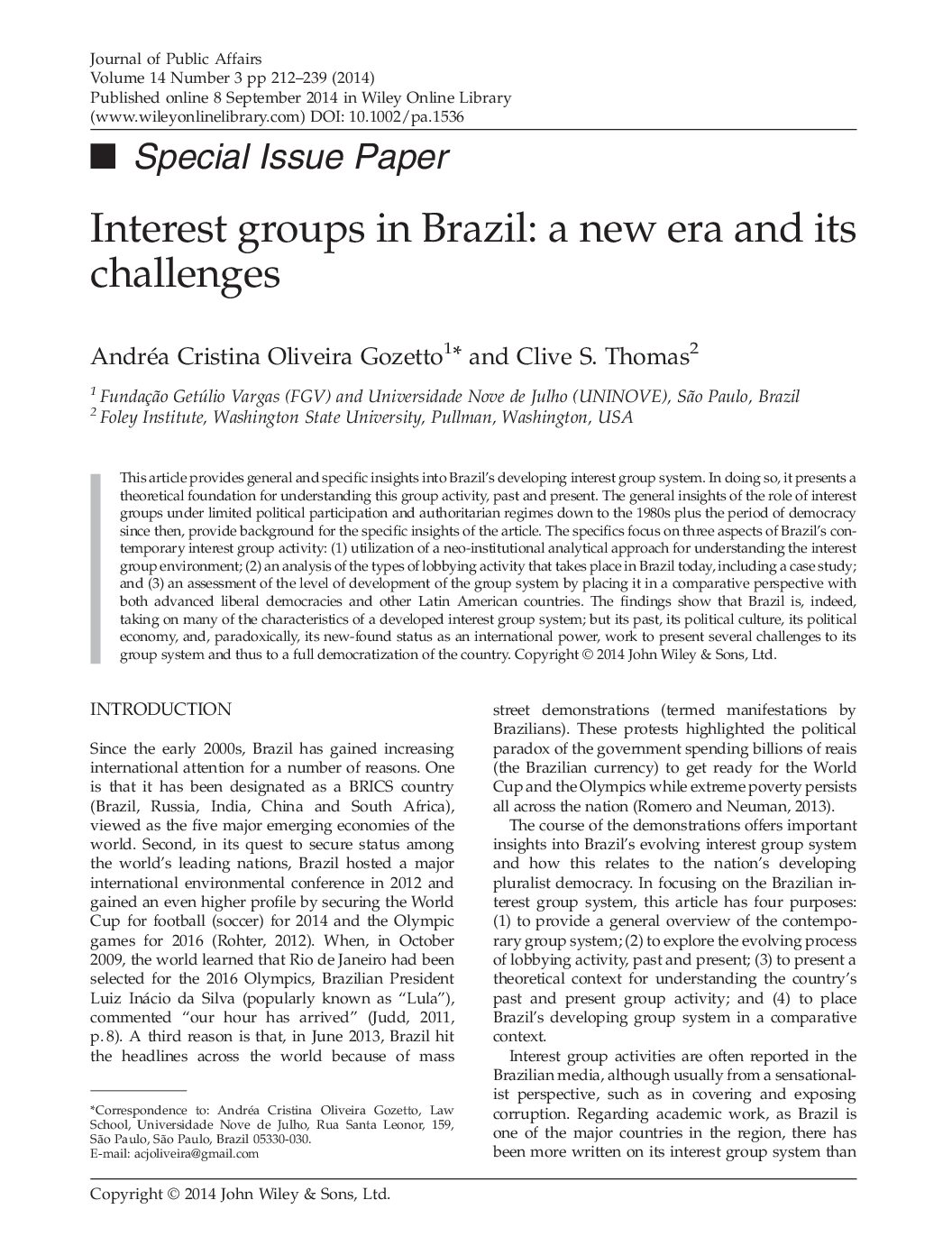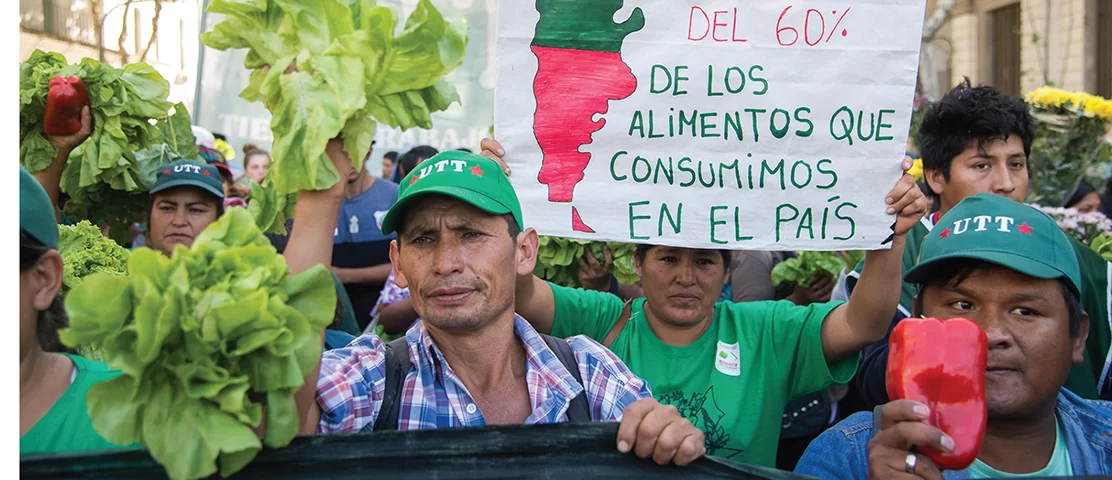
Interest groups in Brazil: a new era and its challenges
3 de December de 2024
Influence Strategy and Modus Operandi: Analysis of the JBS and Odebrecht Cases
23 de January de 2025Income Protection for Vulnerable Groups During the Pandemic in Brazil and Chile: The Relevance of Policy Trajectories and Governance Arrangements

Authors: Maria Clara Oliveira and Sergio Simoni Junior
Abstract: How can we understand the variation in countries’ responses to the Covid-19 pandemic crisis in the context of income protection policies for vulnerable families? This article provides a comparative presentation and discussion of the measures put in place in Brazil and Chile in 2020. We argue that the similarities and differences in the strategies adopted are largely due to the trajectories both in the area of social policy, which constrain the design and implementation of emergency measures, and in the general context of politics in each country. Furthermore, our empirical analysis indicates that the explanation should not be focused exclusively on the actors present in the central government, but should also include the role of the opposition and subnational governments in shaping emergency responses.
Source: https://journals.sagepub.com/home/LAP
